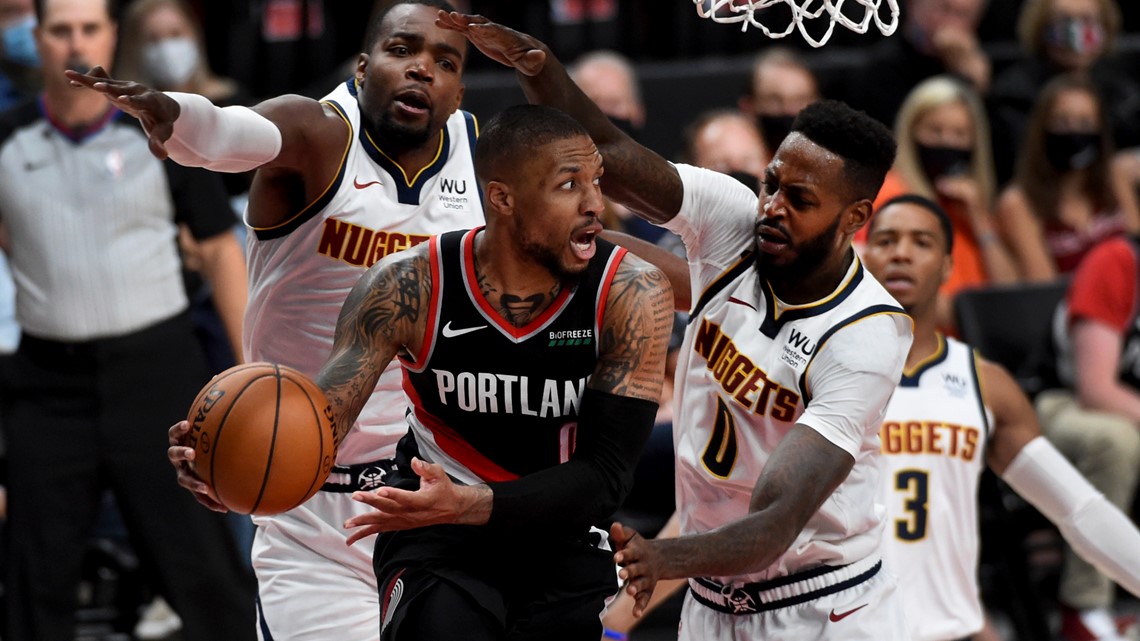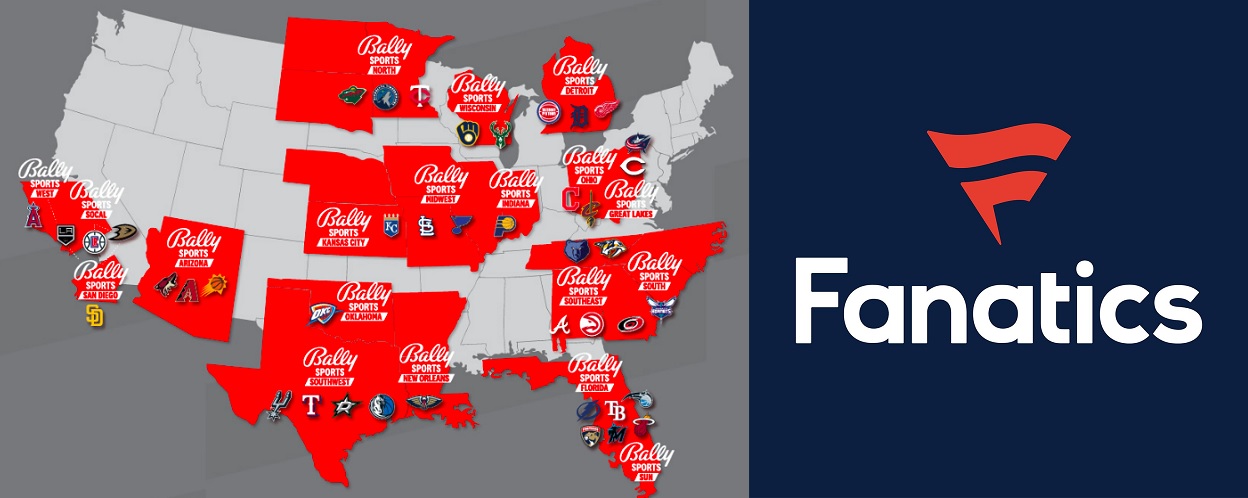And I'm not arguing for ALC. I think it's simply each channel trying to maximize their profits to the detriment of the consumer.
Right. The only issue I have with this "ALC is the answer" nonsense is the idea that people can just buy something like A&E because they like it, but not USA Network or FX, because they don't. Under ALC, none of these channels would even exist.
I'm not sure how this is all going to play out but I believe a couple of things:
1) Entities like YouTube TV who are currently operating at a loss will eventually want to monetize and the cost of those packages will start to approach cable/satellite
Of course. These "cord cutter" linear pay TV deals, like You Tube TV and Amazon channels and Hulu with Live TV, etc, are not even cord cutting. They are just replacing one linear pay TV service (cable or DirecTV) with another. They are all currently in "acquisition mode" knowing that only a few will survive. Eventually they will have a business model indistinguishable from cable/DirecTV, because that is what they are.
.
2) The market will not support all these streaming services. There will either be massive consolidation or some will die or revert back to just being a normal TV channel again.
What I think will happen with streaming services is something like what existed just after the AT&T breakup in the 80s. Smart people just took each company's long distance money for switching services over and over.
Same thing here. There really is not 24/7/365 worth of material on any one non-linear streamer, so the smart thing to do is to switch from one to another to another, and by the time you get back to the first, enough new material will be there.
I am not sure how the RSN thing will end up.
SBJ had a good discussion of that a couple of days ago. They say the number of people that watch at least one team on an RSN is about 20% (hardly a "tiny fraction"). But how it ends up is people that want content go to providers with content.
The real question is who does that leave? If you like filmed series drama and movies, then the way to go is Netflix, HBO Max, Apple, etc. If you like sports and a solid mix of linear channels, then DirecTV or a robust cable company or streamer. If you want, well, TV as background noise, the cheapest possible thing with the least content, then Pluto or STIRR, etc. Who does that leave for Dish as its target customer? People who can't get internet?
I don't think people want to have to go through a bunch of different devices and/or websites to get to their content.
Fact is that true cord cutting (i.e. nonlinear pay per month instant access to programming has made a dent in ONE type of programming. Filmed serious dramas, mostly of the "limited series" variety. There is a whole lot more to TV than that, a whole lot more, and it is still to be found in linear.
People like my mother would never be able to do that in the first place and even I, who works in IT, just want to sit down in front of my TV, fire up the hopper, and watch what I want to watch.
As do most people. The idea that "no one" is going to have cable, an internet linear alternative, or DirecTV in the future is just taking a trend and turning it into universality. It isn't happening. Many people are happy with linear TV.




